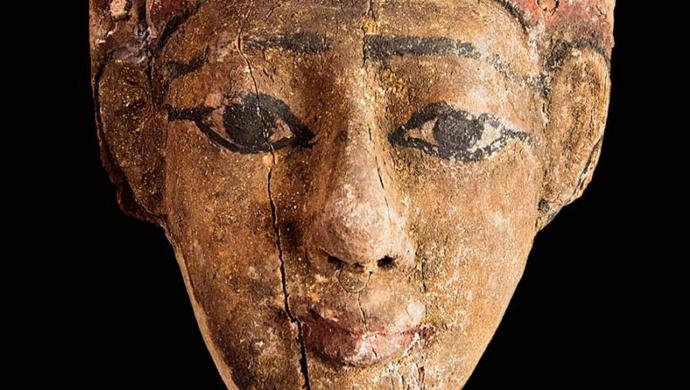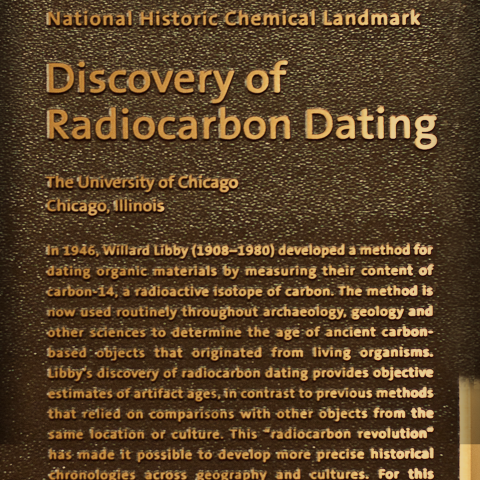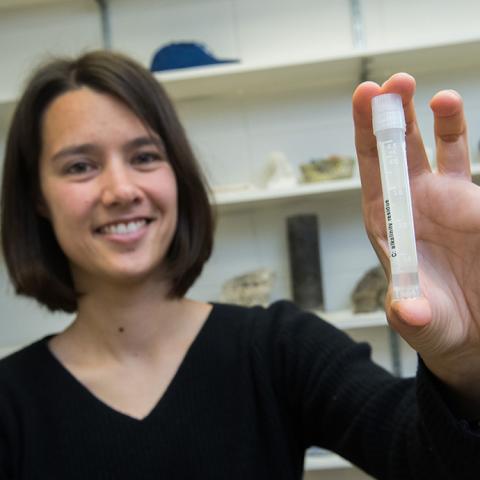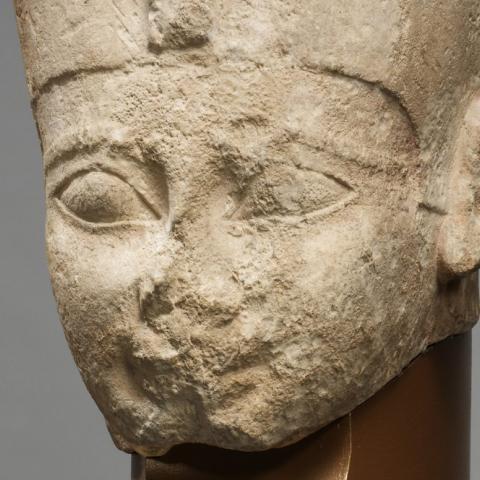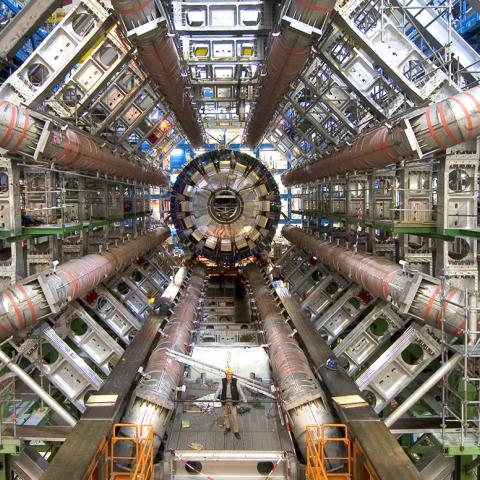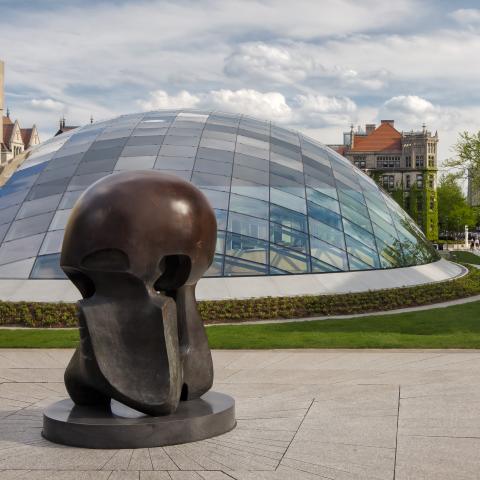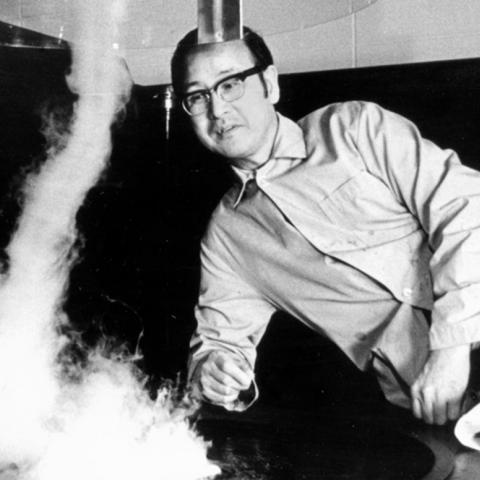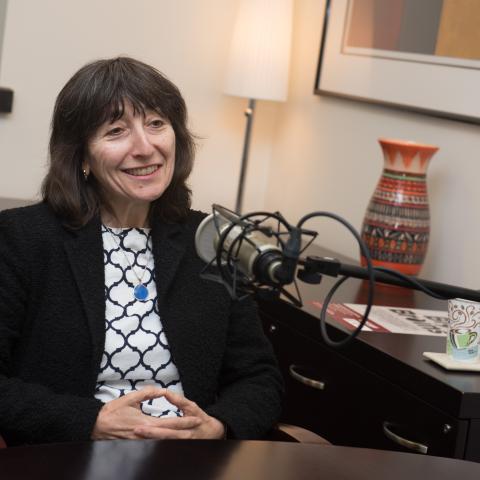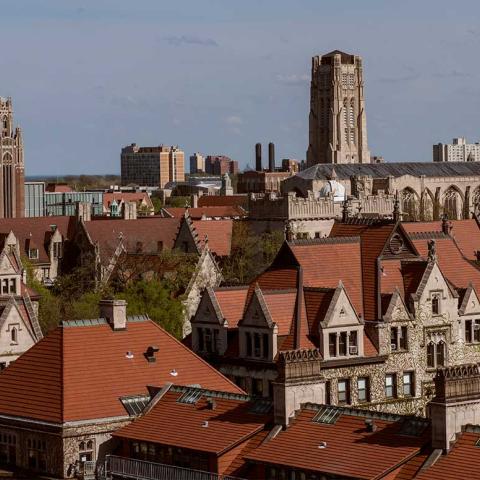Carbon dating
Radiocarbon dating, also known as carbon-14 dating, is a method to determine the age of organic materials as old as 60,000 years. First developed in the 1940s at the University of Chicago by Willard Libby, the breakthrough technique ushered in the “radiocarbon revolution” and impacted fields from archaeology to climate science—forever changing our picture of human history.
Carbon dating is based on the fact that living organisms—like trees, plants, people and animals—absorb carbon-14 into their tissue. When they die, the carbon-14 starts to change into other atoms over time. Scientists can estimate how long the organism has been dead by counting the remaining carbon-14 atoms. The technique was developed by a team led by University of Chicago chemist Willard Libby, who would later receive the Nobel Prize for innovative work.
The breakthrough introduced a new scientific rigor to archaeology, allowing scholars to piece together a history of humans across the world and prove that civilizations originated simultaneously around the globe. We could reconstruct how different cities and cultures rose, flourished and fell.
Carbon dating has helped us reveal how our bodies work, understand the climate of the Earth and reconstruct its history, and to track meteorites, the sun’s activity, and the Earth’s magnetic fields. Radiocarbon dating was also instrumental in the discovery of human-caused climate change, as scientists used it to track the sources of carbon in the atmosphere over time.
As Kenneth Pitzer wrote in his nomination for the Nobel Prize: “Seldom has a single discovery in chemistry had such an impact on the thinking in so many fields of human endeavor.”
